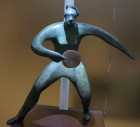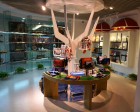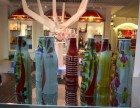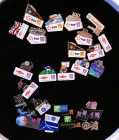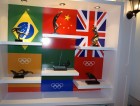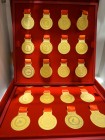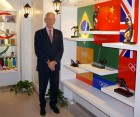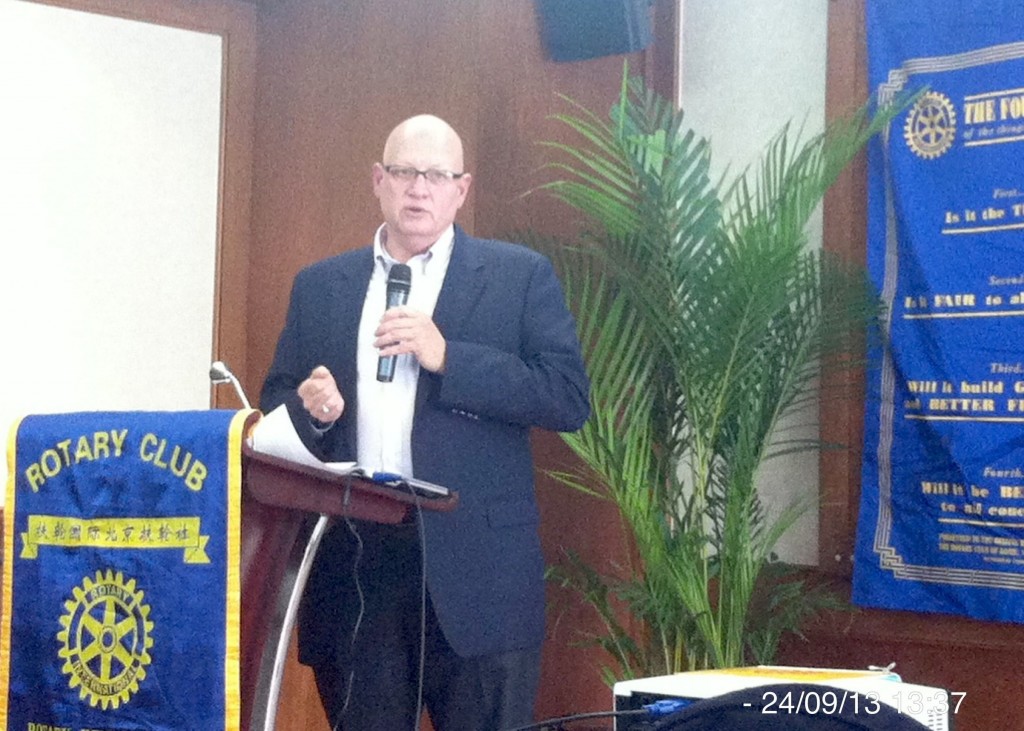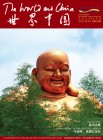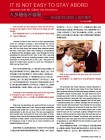On Monday 21 October the Benelux Chamber of Commerce in China organized an “elaborate lunch for a selected group of diplomats, and high-level management of Benelux companies” (sic). The lunch was sponsored by Chimay and we had the chance to taste three different Trappist beers.
The lunch was to welcome the Belgian Ambassador H.E. Michel Malherbe.
Location: Temple Restaurant, the rather famous and exclusive restaurant, close to the north gate of the Forbidden City, in a small hutong. See www.temple-restaurant.com. A very nice setting, only a little difficult to find.
I am sure I was there many years ago for a company event when the restaurant was not there yet.
The food: well done and tasty, though all small portions – typical for those “high-end restaurants”. All dishes were prepared with Chimay beer:
- Panache of Shellfish with Triple Chimay (mussels from Morel’s … little inside information!)
- Braised Beef with Chimay Blue (better known in Flemish as stoverij!)
- Gratinated Zabaglione with mandarin Orange with Red Chimay
The staff was not properly briefed on how to serve the Trappist beer (not as wine! hold the cup inclined! or you end up with a lot of foam and spilled beer…). Coffee was served at random, a bit strange.
The other guests seemed to be all Chinese. As far as I understand a typical meal there is easily RMB 500 to 700 without drinks.









